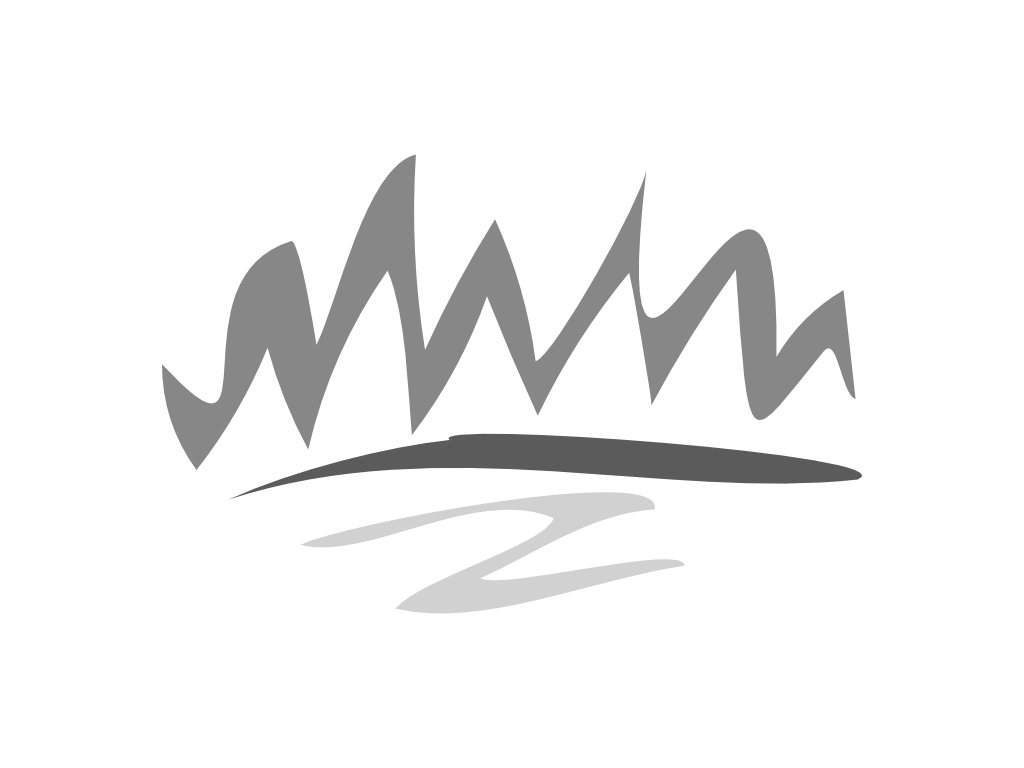
Forest companies get high marks for reforestation
VICTORIA – Forest companies in British Columbia are continuing to do a good job at planting and tending new forests in logged areas, the Forest Practices Board reported today. The board’s special report is an update to a previous 2003 board study on reforestation of B.C.’s public lands.
Following the logging of public land, forest companies are required to reforest sites with native tree species to establish a new crop of trees. The companies are then required to tend those trees for a number of years, to ensure they grow into a healthy new forest by a specified date. Once they reach this stage, called free-growing, the companies are relieved of their responsibility to look after the trees and they become the responsibility of the Crown.
“The board found that 92 per cent of cutblocks due for free-growing actually achieved free-growing status, which compares favorably with the findings in our 2003 report,” said board chair Bruce Fraser. “This means that public expectations for logged areas to be replaced with healthy new forests are being met.”
The investigation also found, however, that over half the silviculture prescriptions had to be amended in order to achieve free-growing status. The reasons for these amendments were not tracked in the database until this year, so it is not clear why so many amendments were required.
“The board will conduct a detailed review of the large number of amendments over the coming months,” said Fraser.
The report also makes recommendations to government in order to make free-growing reporting easier and more useful in future. The board examined all cutblocks required to achieve free-growing between 1987 and March 31, 2004, consisting largely of cutblocks harvested between 1987 and 1992. In total, over 300,000 hectares of harvested lands were reviewed for the report.
The Forest Practices Board is an independent public watchdog that reports to the public about compliance with the Forest and Range Practices Act (FRPA) and the achievement of its intent. The board’s main roles under FRPA are:
Erik Kaye
Communications
Forest Practices Board
Phone: 250-356-1586 or 1-800-994-5899
